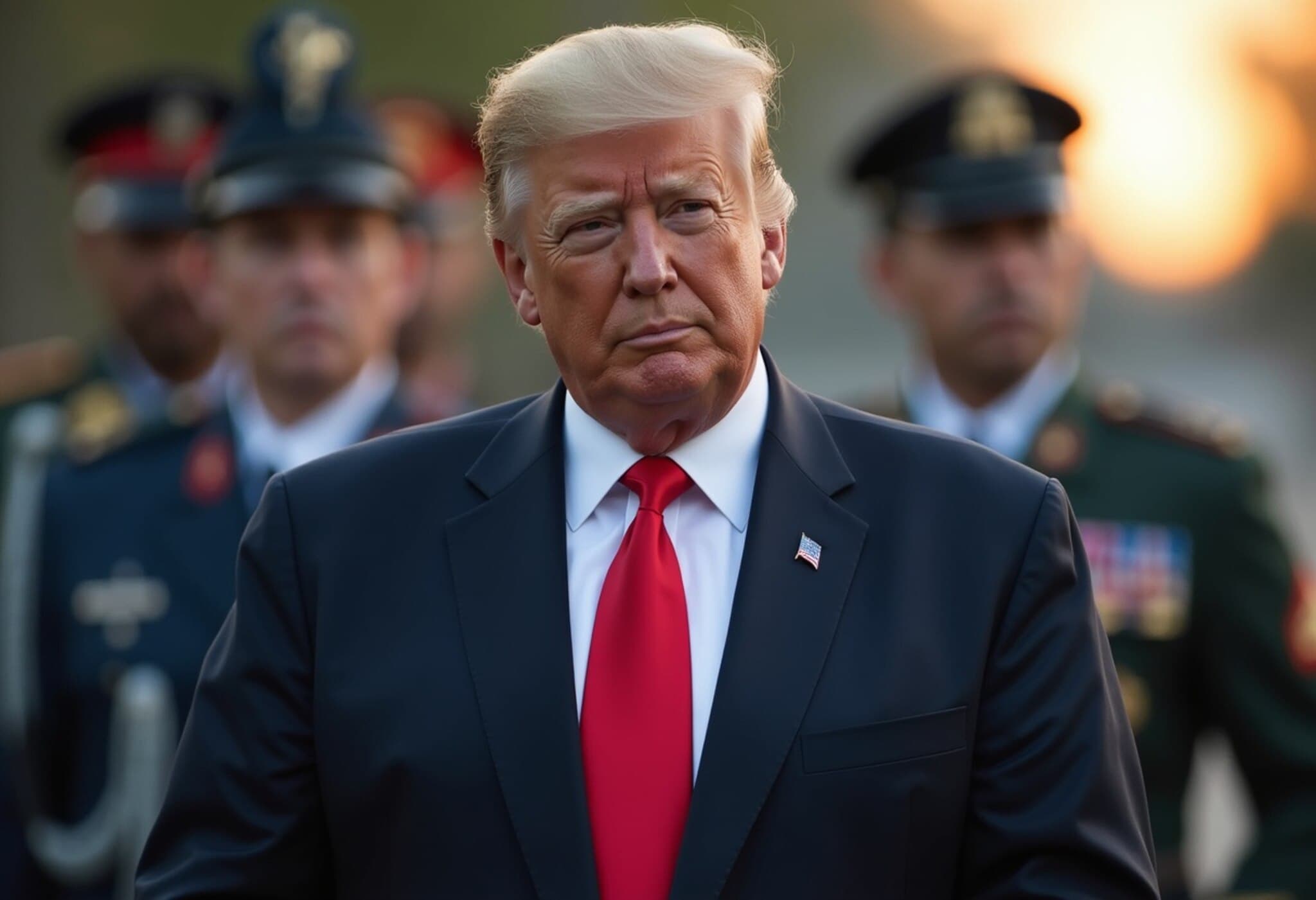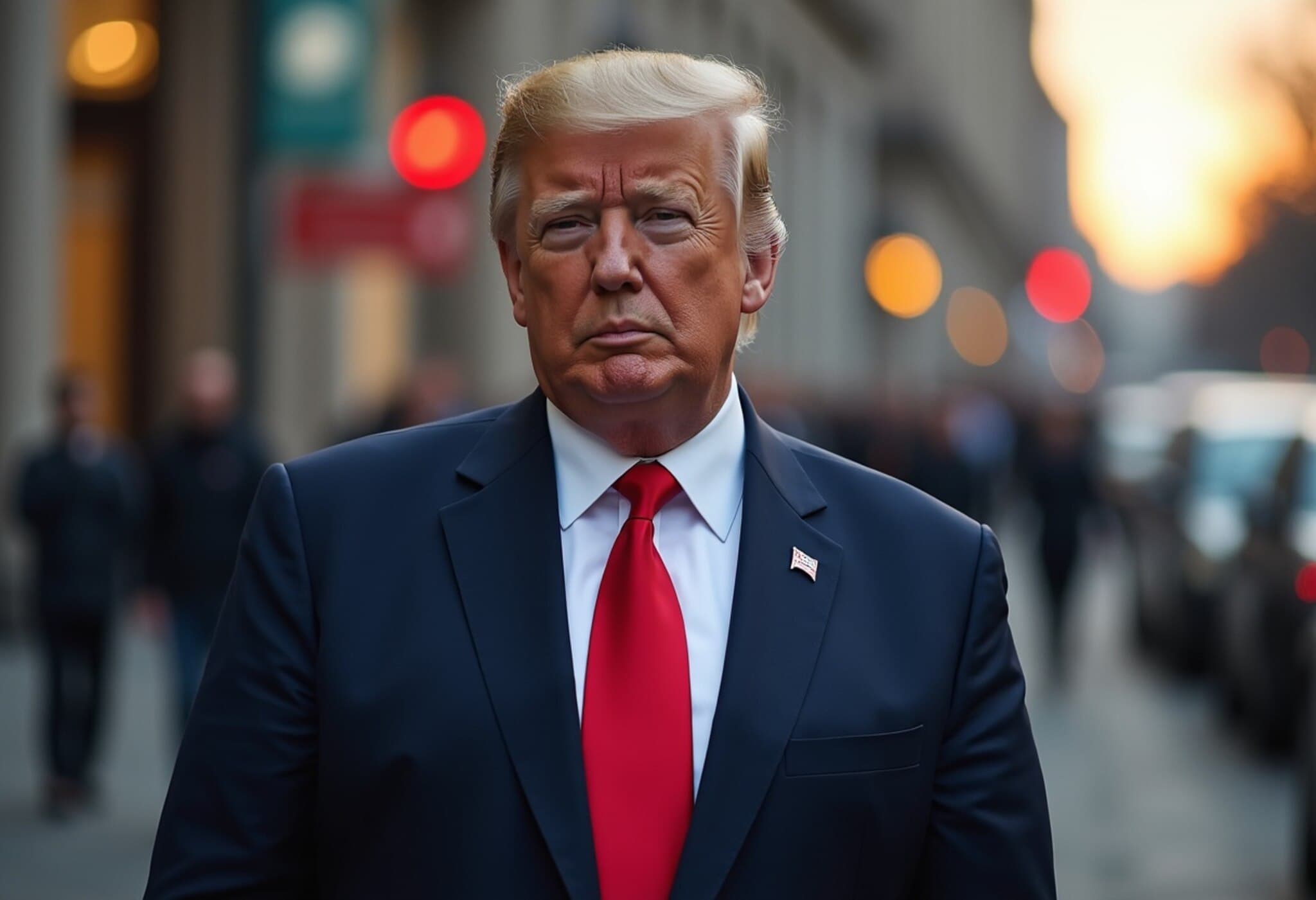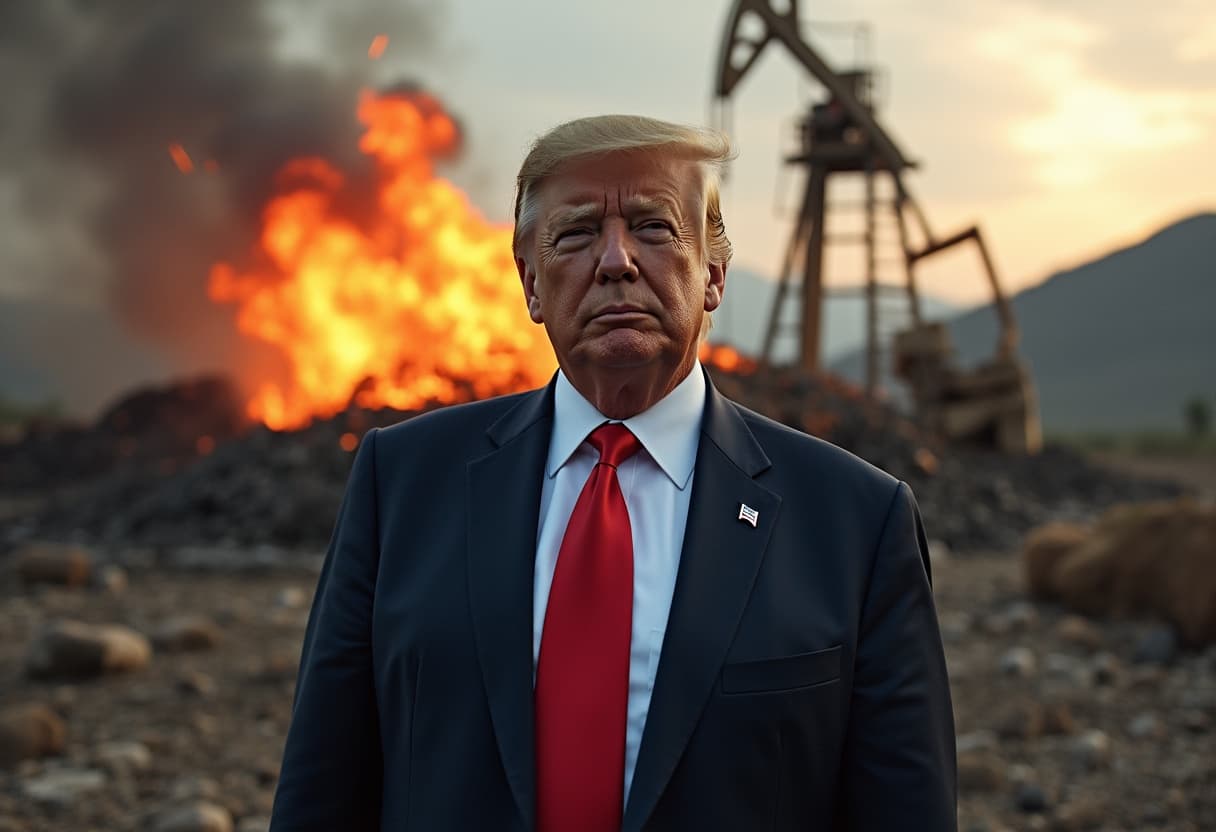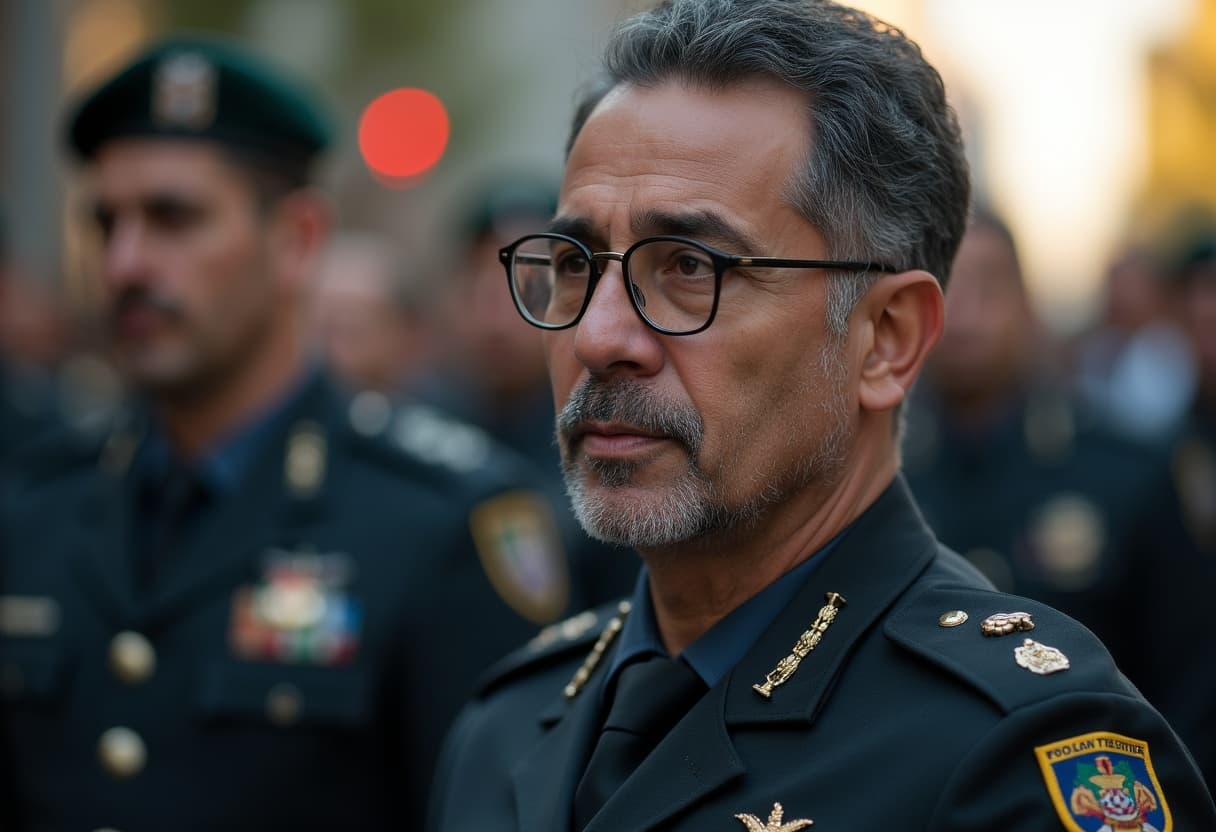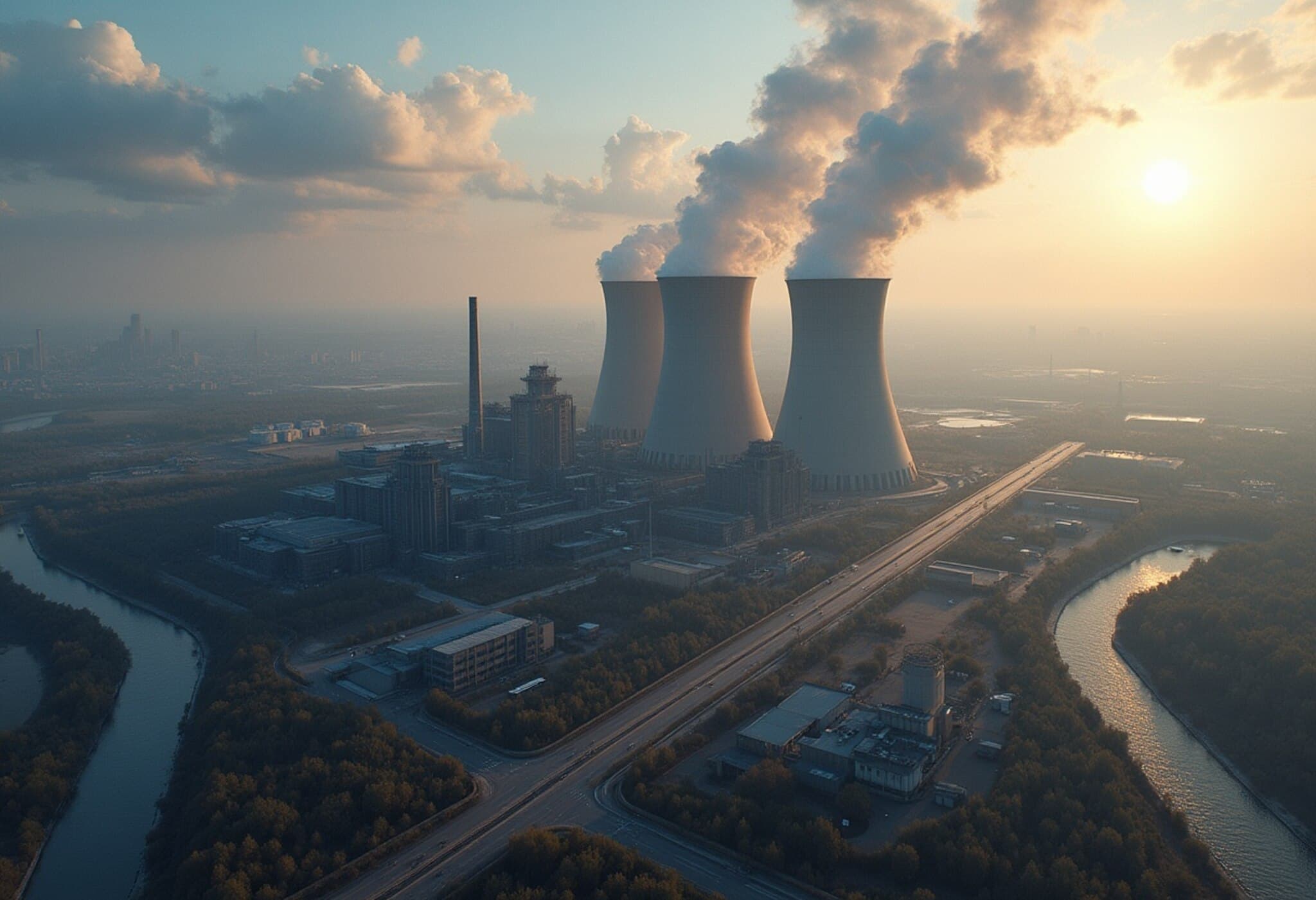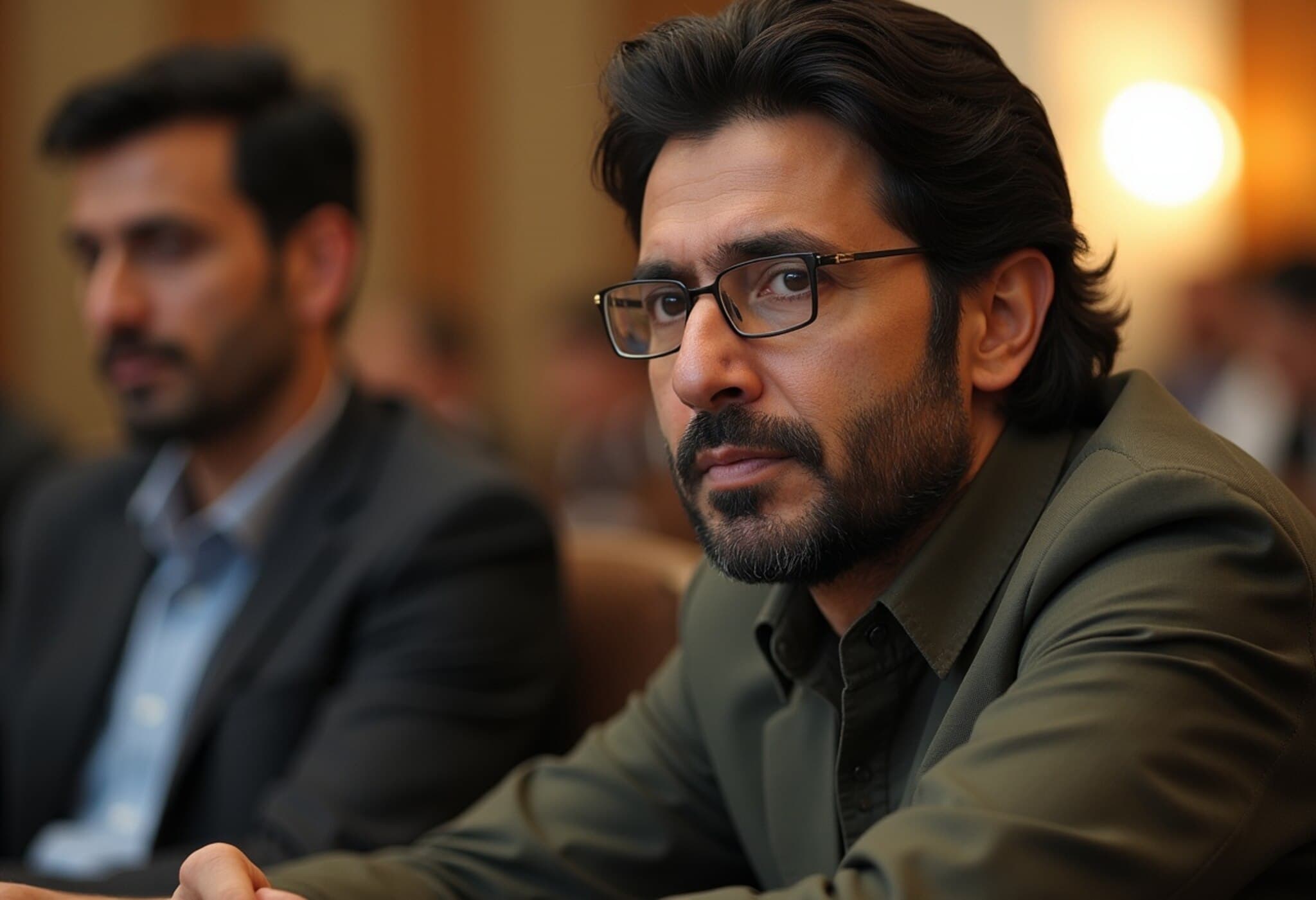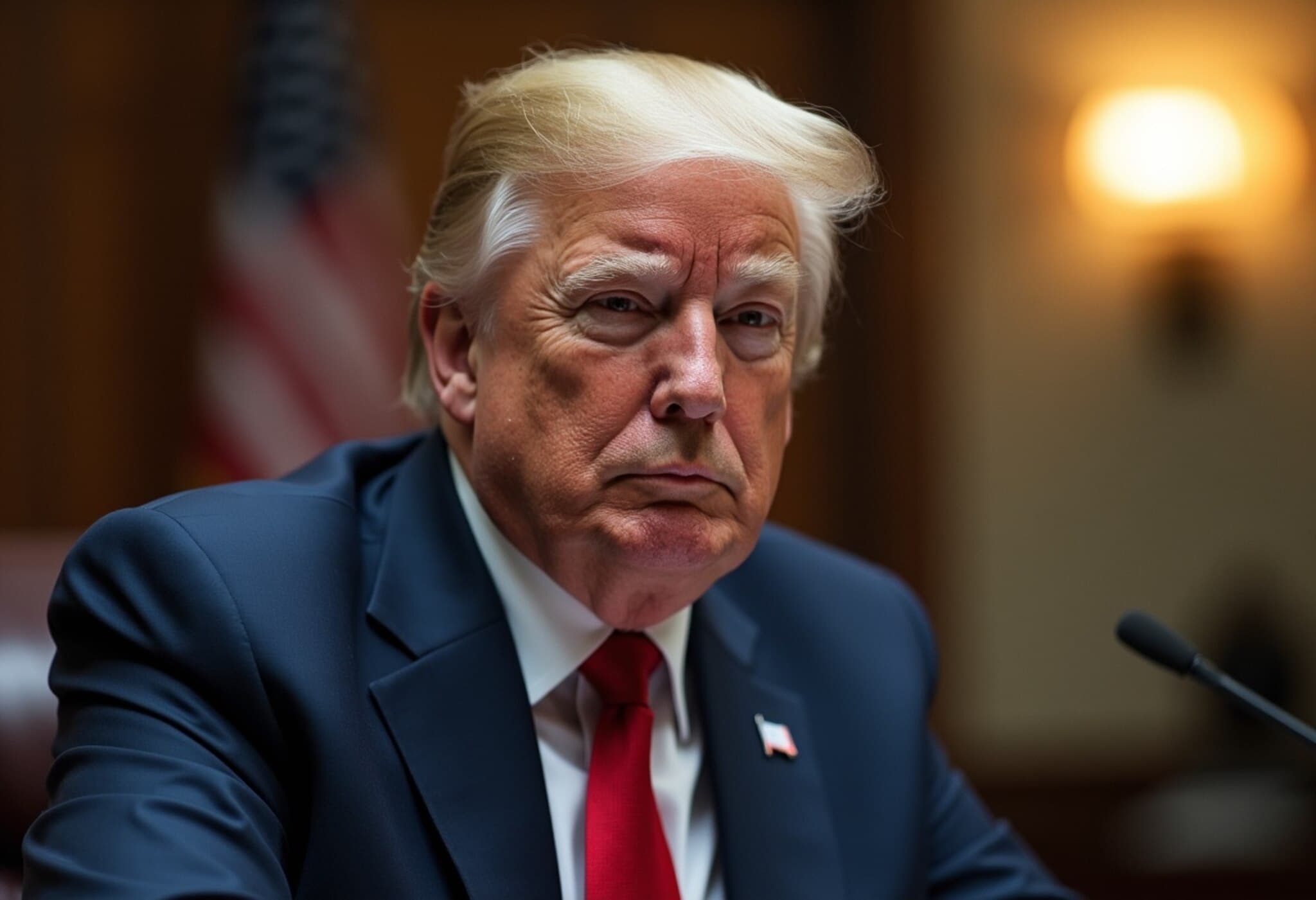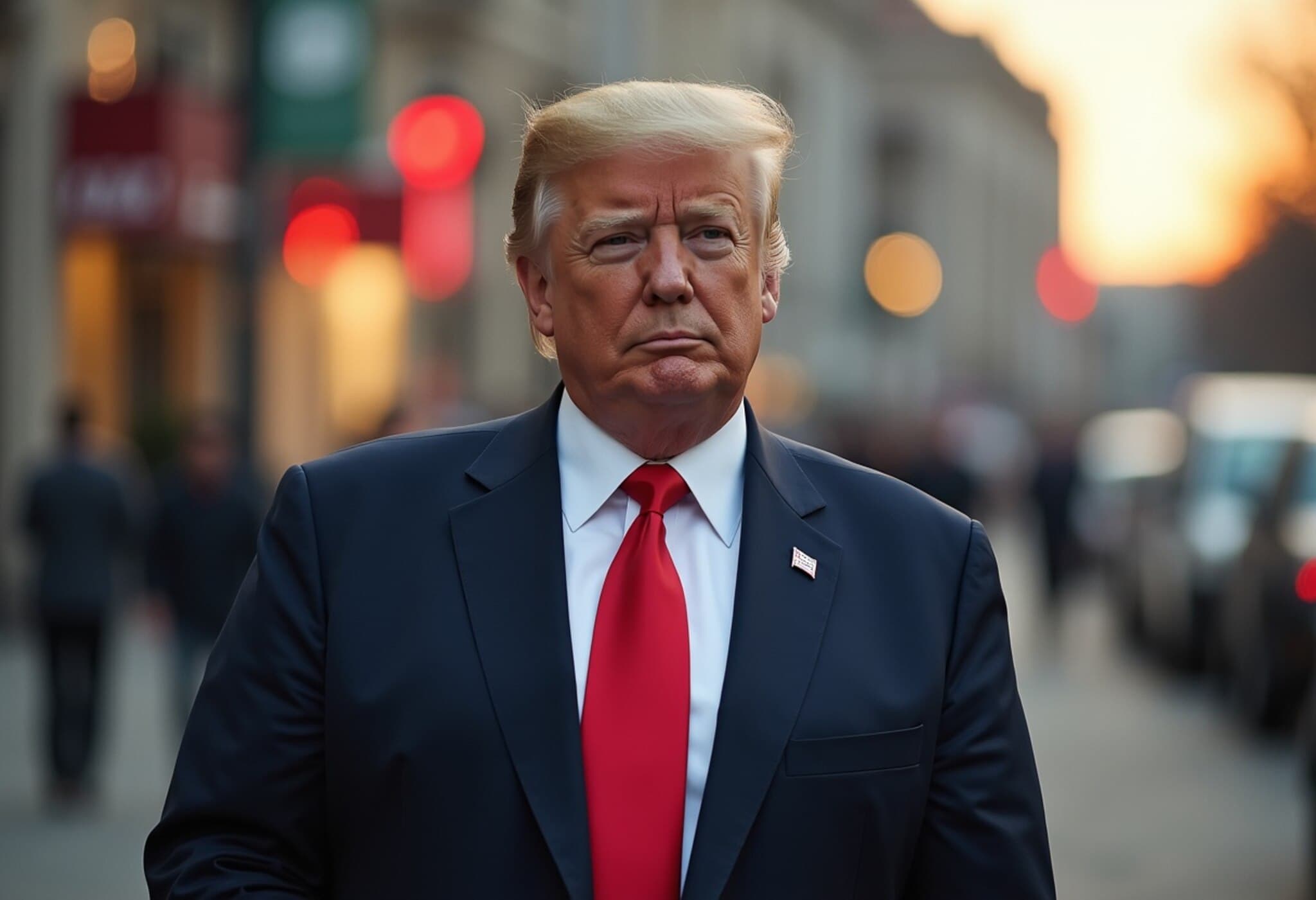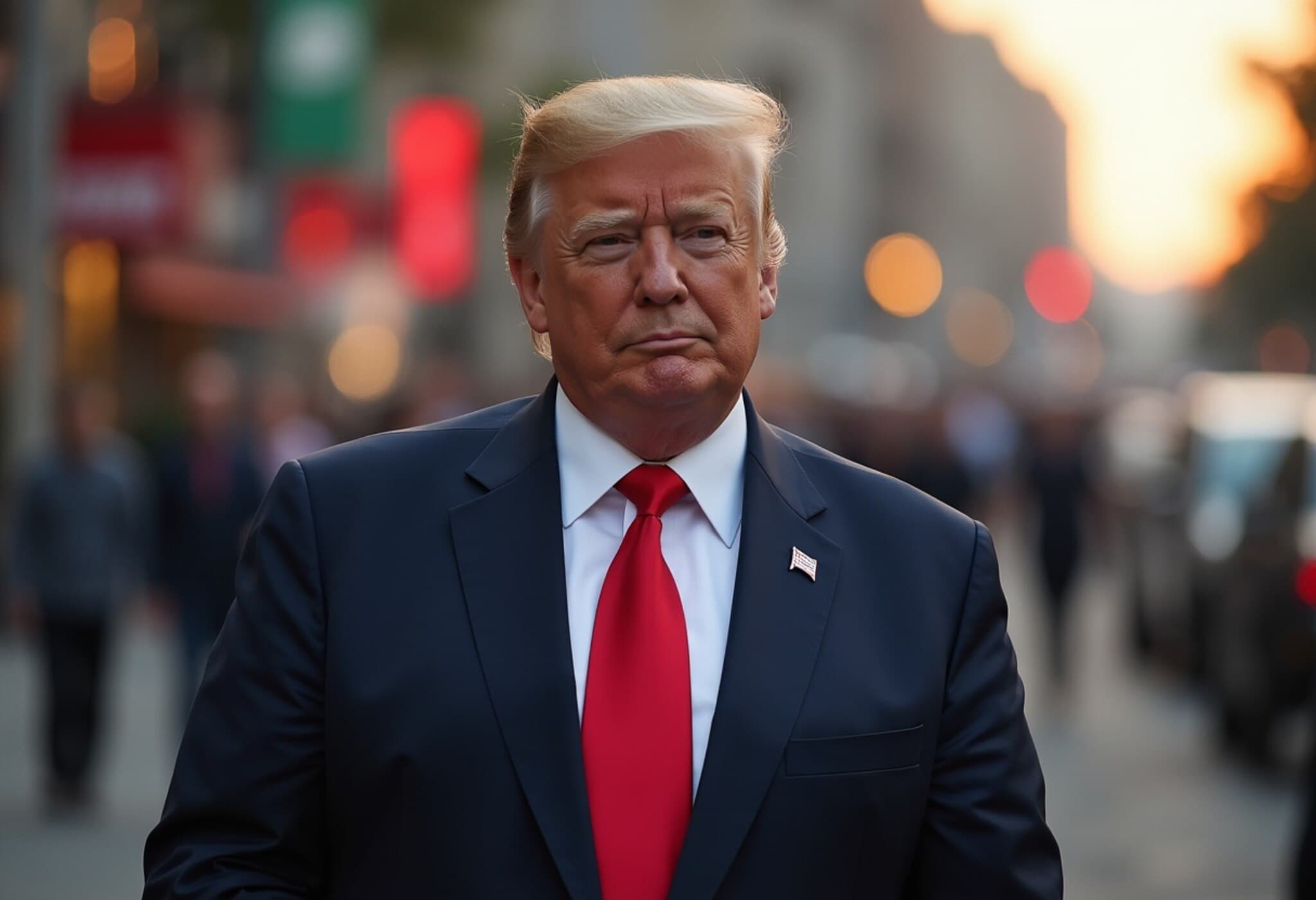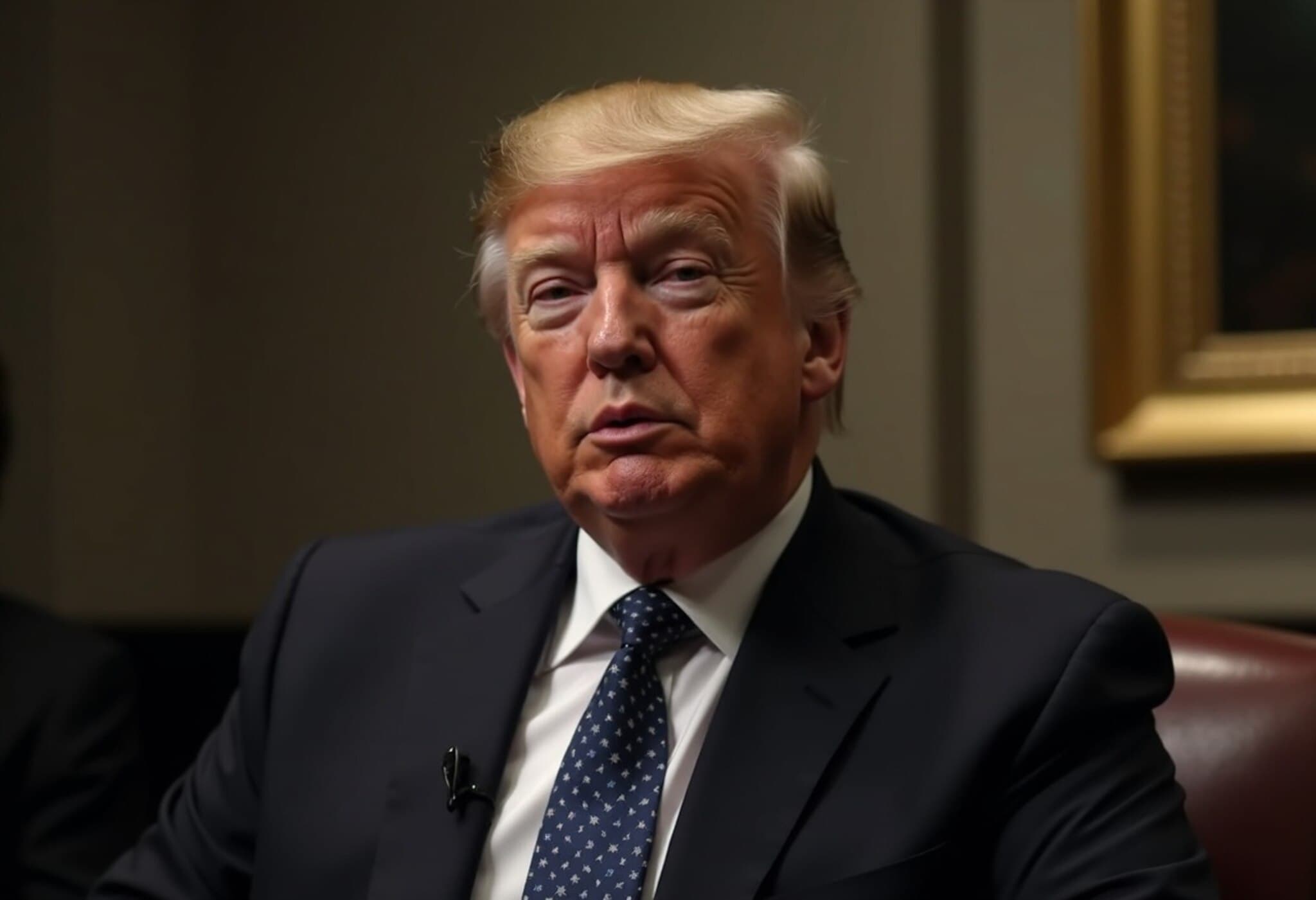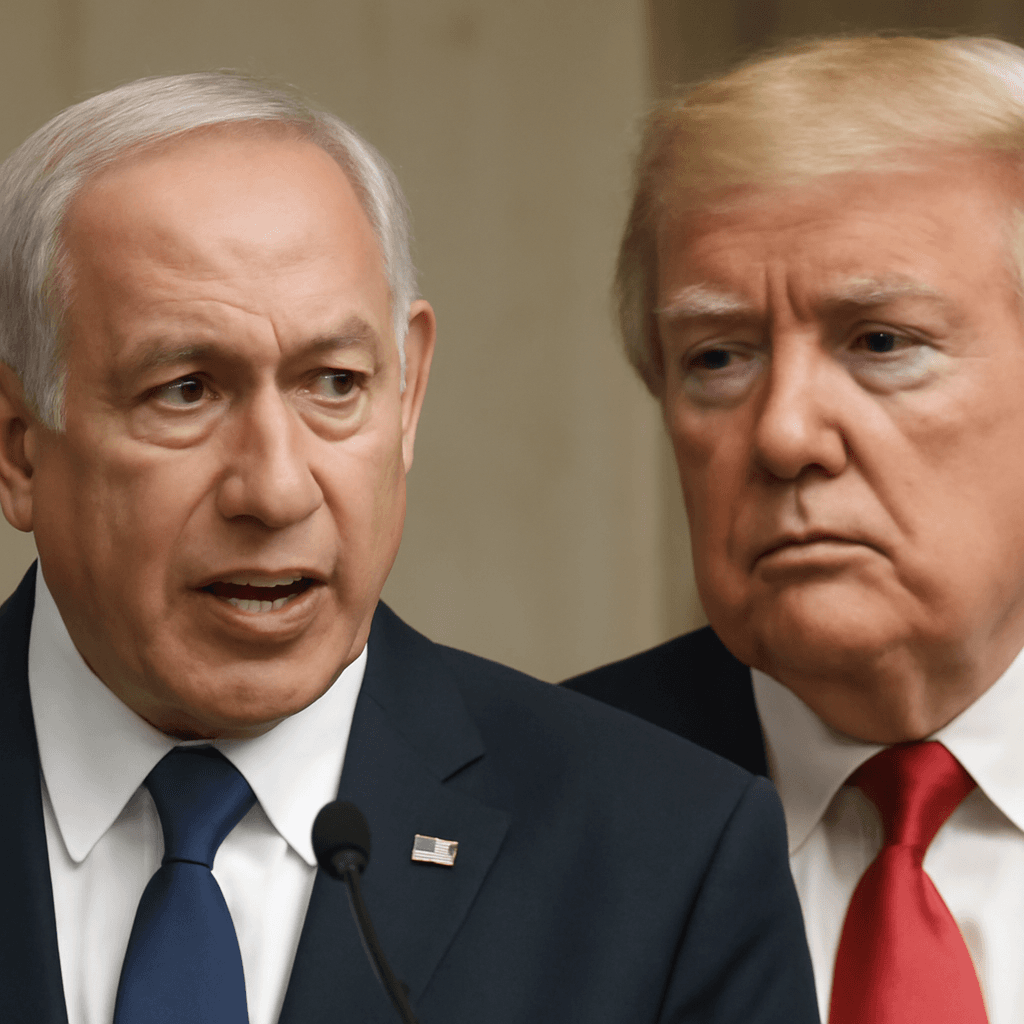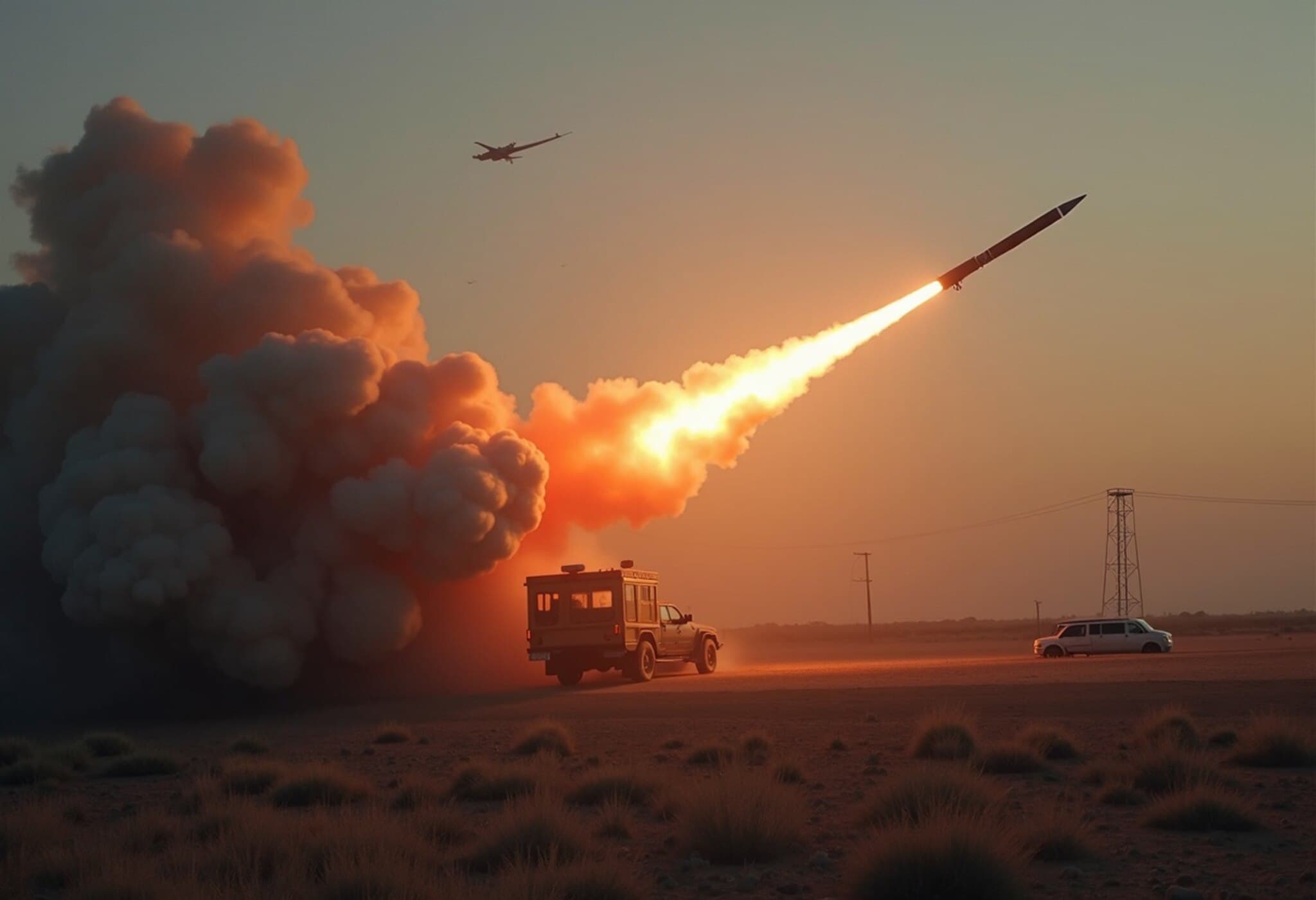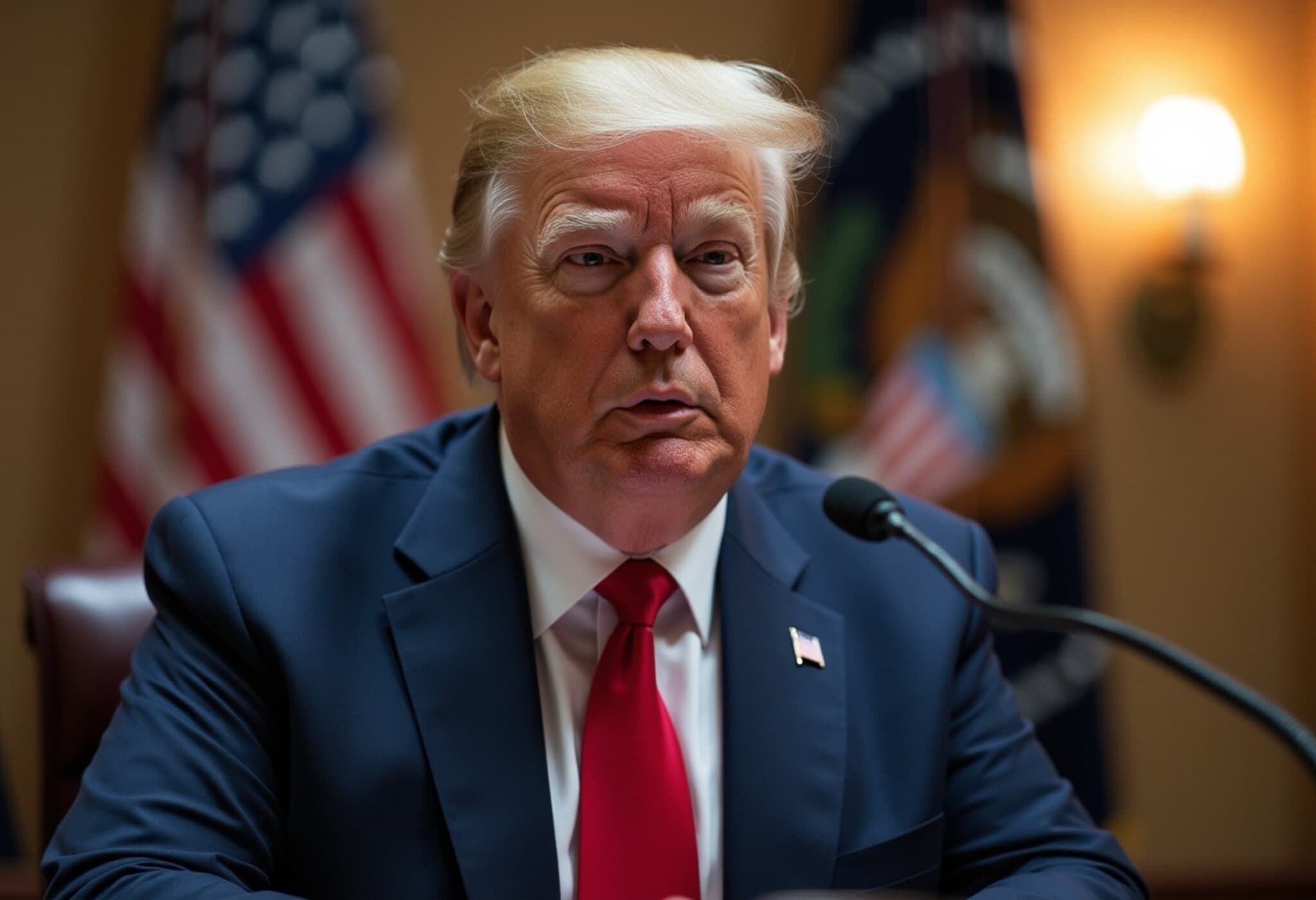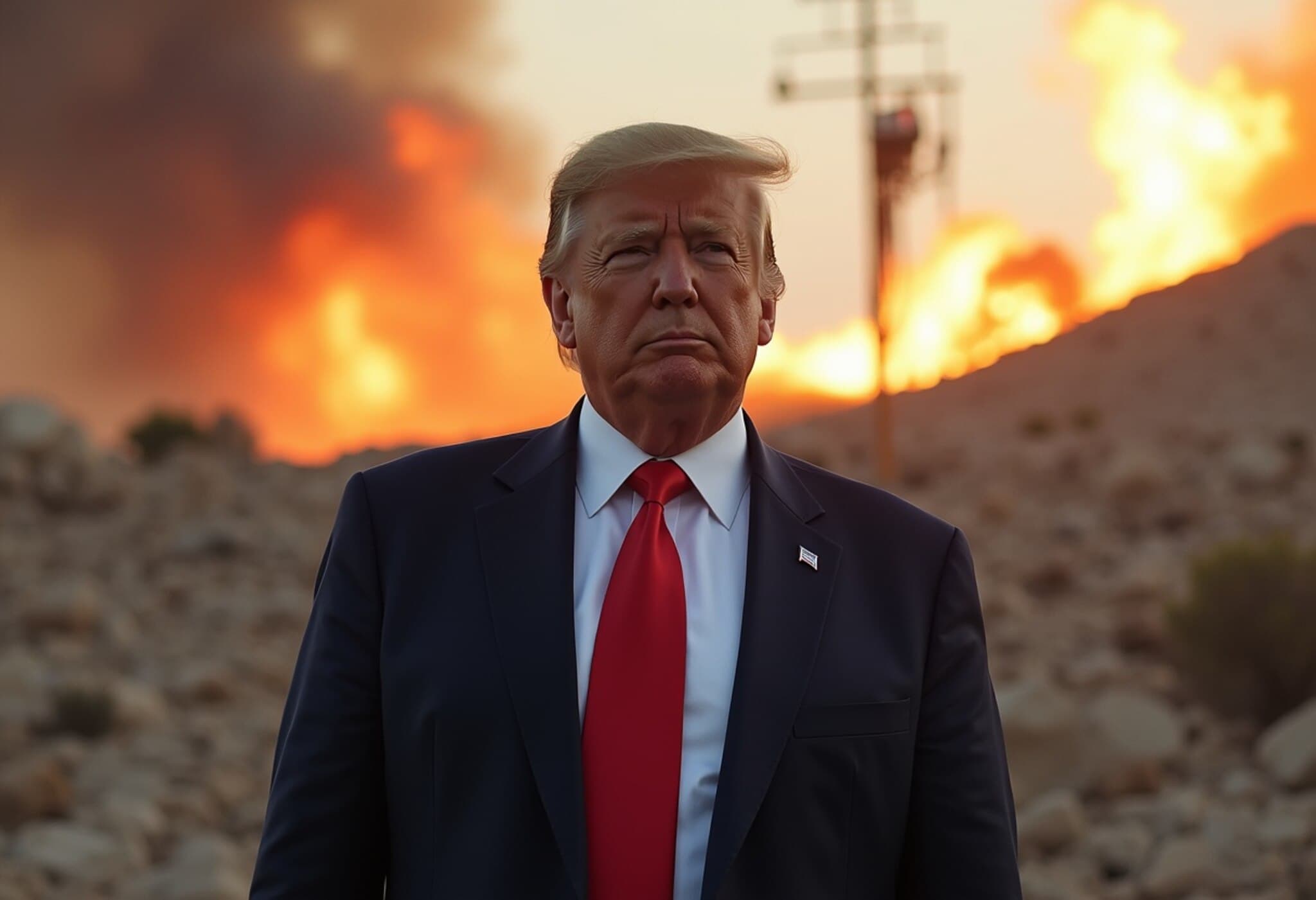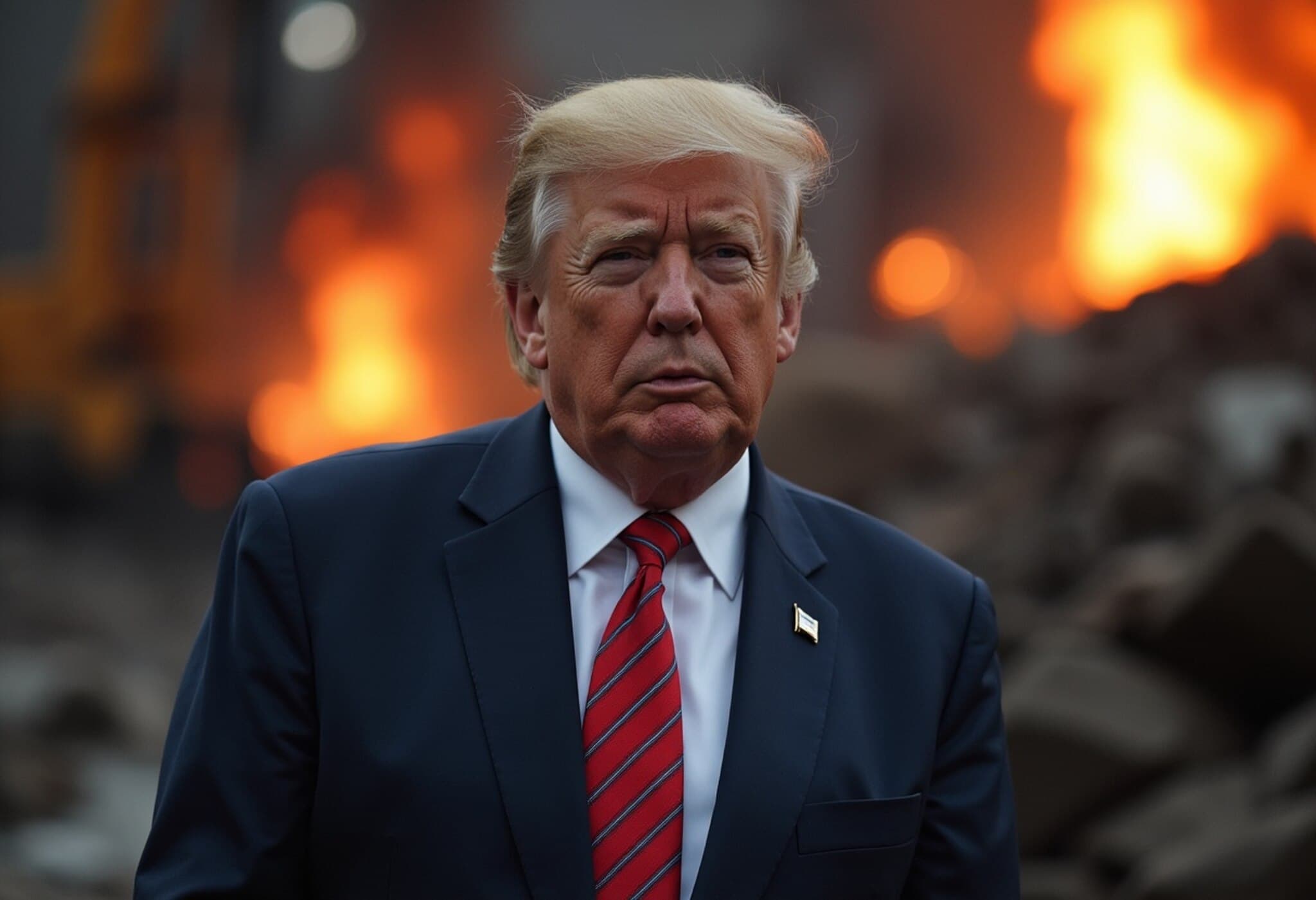Donald Trump’s Potential Visit to Pakistan: A Diplomatic Milestone in the Making?
In a development capturing global attention, reports from Pakistani television channels suggest that former U.S. President Donald Trump could be making a significant diplomatic visit to Islamabad this September. If confirmed, this would mark the first visit by a sitting or former U.S. President to Pakistan since George W. Bush’s 2006 trip, nearly two decades ago.
Interestingly, Pakistan’s Foreign Office has expressed that it has no official knowledge of such plans, underscoring the unpredictability often associated with high-profile diplomatic visits. Yet, the buzz suggests that Trump’s itinerary might also include a visit to India shortly after Pakistan, signaling a concerted effort to engage with two pivotal South Asian nations in a short span.
Contextual Backdrop: US-Pakistan Relations at a Crossroad
To fully appreciate the implications of this visit, it’s crucial to understand the current geopolitical atmosphere between Washington and Islamabad. The recent historic lunch at the White House between Pakistan’s Army Chief Field Marshal Asim Munir and Donald Trump on June 18 was a groundbreaking event. This marked the first time a Pakistani military chief met with a U.S. President at the White House while a civilian government was in power in Islamabad.
However, this meeting came just days before controversial U.S. airstrikes on Iranian nuclear facilities on June 22. Pakistan had previously voiced strong support for Iran, adding multiple layers of complexity and political friction. During their meeting, Munir reportedly urged Trump to de-escalate tensions between Iran and Israel, showcasing Pakistan's strategic interest in regional stability.
Implications for Pakistan’s Domestic and Foreign Policy
These developments have fueled widespread debate inside Pakistan over the military’s diplomatic engagement with the U.S., which some view as overshadowing the civilian government’s foreign policy role. Pakistan’s Defense Minister Khawaja Asif openly criticized the country’s long-standing role as a proxy for Western strategic interests, reflecting growing public discontent with Islamabad’s alignment in regional affairs.
The reported Trump visit could unfold against this backdrop of diplomatic unease, further spotlighting the delicate balancing act Pakistan faces on the international stage.
Why Does This Matter for the United States and the Region?
From an American perspective, a visit by Donald Trump to both Pakistan and India underscores a broader strategic initiative to reassert influence and dialogue in a critically important region. South Asia, with its intertwined security challenges, from Afghanistan’s future to tensions over Kashmir, remains a cornerstone of U.S. foreign policy objectives.
Moreover, engaging directly with both Islamabad and New Delhi during a single trip signals a nuanced approach aimed at fostering dialogue rather than escalating rivalry. Whether these efforts can translate into tangible progress remains to be seen, but the symbolic value alone cannot be overstated.
Expert Insight: Navigating Complex Diplomatic Waters
Dr. Amina Qureshi, a South Asia policy analyst based in Washington D.C., notes, “If Trump’s visit materializes, it presents a unique opportunity to reset fractured ties and engage in candid conversations that civilian diplomatic channels have struggled to facilitate. The timing—post-Iran strikes and amid heightened regional tensions—could pressure all parties to reconsider their strategies and priorities.”
What Lies Ahead?
- Verification and Official Confirmation: Both Pakistani and American officials need to clarify the itinerary to quell uncertainty and prepare for diplomatic protocols.
- Impact on U.S.-Pakistan Military Ties: The visit might pivot on strengthening military-to-military relations while rebalancing civilian government participation in foreign affairs.
- Regional Stability: With ongoing instability in Afghanistan and contested India-Pakistan relations, any visit offers a platform for renewed dialogue but also risks diplomatic friction.
- Media and Public Perception: Both Pakistani and Indian publics will closely watch the optics and outcomes, influencing domestic political narratives.
Editor’s Note
The speculation around Donald Trump’s prospective visits to Pakistan and India invites us to reconsider the complexities of diplomacy in South Asia—a region where history, strategic interests, and national pride intertwine. While official channels remain tight-lipped, the convergence of recent events suggests a critical moment for recalibrating relationships that have long shaped security and economic paradigms. Observers should watch closely how these visits might reflect shifting priorities in U.S. foreign policy and what they reveal about Pakistan’s evolving role on the world stage.

